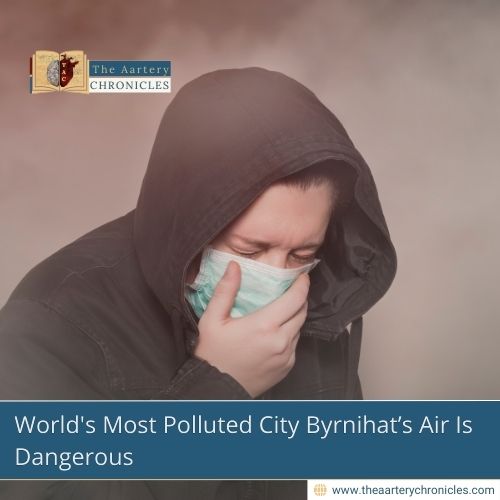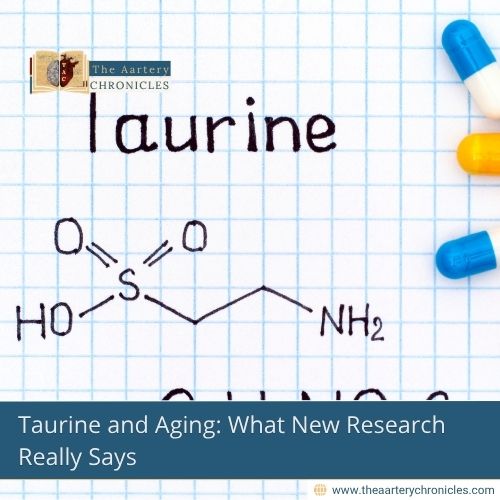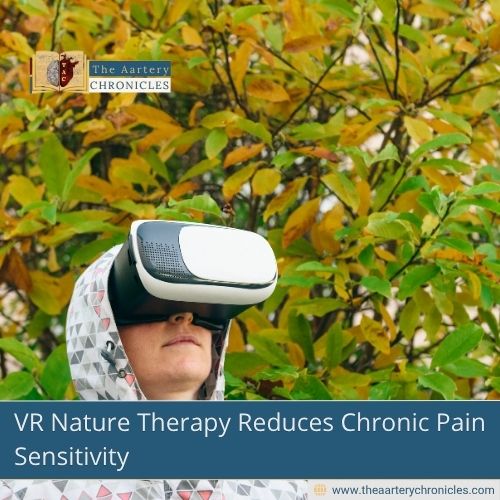

Tea and Coffee Slash Cancer Risk—Here's How Much You Need!
A recent study has highlighted the potential health benefits of drinking tea and coffee, revealing their link to a reduced risk of head and neck cancers, including cancers of the mouth and throat.
Coffee and Tea: A Protective Brew
The research, published in the journal Cancer, found that drinking 3-4 cups of coffee daily could reduce the risk of head and neck cancer by 17%. Similarly, drinking one cup of tea per day was associated with a 9% decreased risk of various malignancies.
This protective effect is attributed to bioactive compounds in coffee and tea, such as caffeine, which possess anti-inflammatory and antioxidant properties. These compounds are believed to play a significant role in lowering disease risk.
Key Findings of the Study
The study, led by researchers from the University of Utah’s School of Medicine, analyzed data from 14 prior studies involving nearly 9,550 cancer patients and over 15,800 cancer-free participants. By examining their tea and coffee consumption habits, the researchers uncovered these notable findings:
1) Caffeinated Coffee:
- Drinking more than four cups daily reduced the risk of head and neck cancer by 17%.
- It lowered the risk of oral cavity cancer by 30% and throat cancer by 22%.
- Drinking three to four cups daily reduced the risk of hypopharyngeal carcinoma, a type of cancer at the base of the throat, by 41%.
2) Decaffeinated Coffee:
- A 25% reduction in the risk of oral cavity cancer was observed.
3) Tea Consumption:
- One cup of tea per day was associated with a 9% decreased incidence of head and neck cancer.
- It also reduced the risk of hypopharyngeal cancer by 27%.
Unexpected Risks of Excessive Tea Drinking
While moderate tea consumption proved to be helpful, consuming more than one cup per day was linked to a 38% greater risk of laryngeal carcinoma, often known as throat cancer.
Limitations and Need for Further Research
The study’s findings were primarily based on data from North America and Europe, where tea and coffee consumption habits differ significantly from those in South America, Africa, and Asia. Researchers caution that these results may not be universally applicable and stress the need for further studies to understand the complex relationship between coffee, tea, and cancer prevention.
The Bigger Picture
Dr. Yuan-Chin Amy Lee, the study’s senior author, emphasized the importance of investigating how different types of coffee and tea impact specific cancer sites. She noted that even decaffeinated coffee showed some protective effects, highlighting the complexity of these beverages’ health benefits. Overall, this study reinforces the growing evidence that moderate coffee and tea consumption can be part of a healthy lifestyle, provided they are consumed in balance and without excessive additives. This research adds to a growing body of evidence suggesting that our everyday beverages could play a vital role in disease prevention. While more studies are needed, these findings offer a refreshing perspective on the potential health benefits of coffee and tea.
Source: Inputs from various media Sources
I’m a pharmacist with a strong background in health sciences. I hold a BSc from Delhi University and a pharmacy degree from PDM University. I write articles and daily health news while interviewing doctors to bring you the latest insights. In my free time, you’ll find me at the gym or lost in a sci-fi novel.









